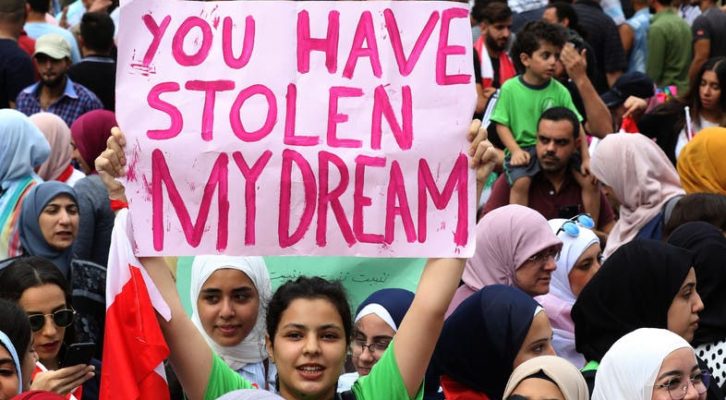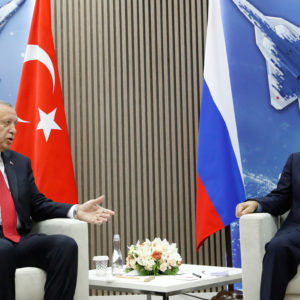The year 2019 was full of global protest movements ranging on topics such as climate change, the establishment of participatory governance models, to anti-corruption rallies from the Middle East to Latin America. We will be highlighting the protest movement in Lebanon and Colombia and analyze the role of the civil society. Some analysts argue whether these movements were a reaction to the failure of neo-liberal and centralized policies or a rebellion of the new generation against the failures of a generation that was sunk in corruption and nepotism. The latest popular protests movements in Lebanon and Colombia can explain how civil society, especially the youth are occupying public space to express their dissatisfaction and rebellion against an elite that had to jeopardize the right to a decent life.
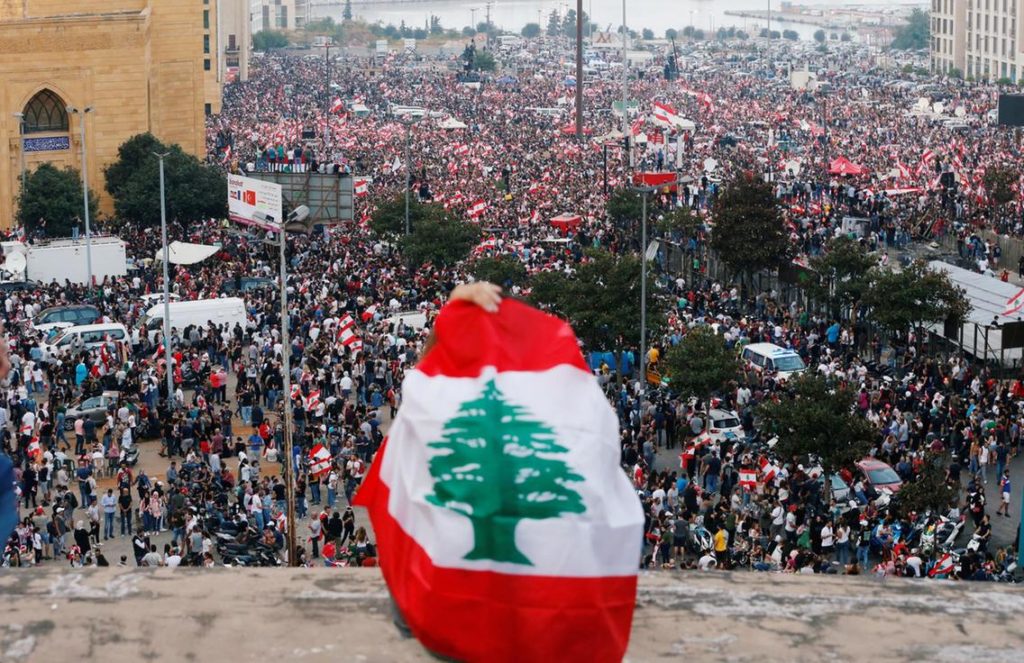
The Lebanese protest movement started on the 17th of October as a reaction for wide-spread corruption and an increase in taxes. A non-ideological movement led by students, activists and economically disadvantaged people that had been oppressed over the past decades by a political elite who had divided the country’s resources between them. As a reaction to the national wide uprising, Prime Minister Saad Hariri resigned and amid an ongoing economic crisis the Lebanese currency has been fluctuating and the prices of commodities have been increasing amid increased poverty and youth unemployment at 37% and general unemployment at 25% as of August 2019. The movement despite having socio-economic roots started to be politicized and set clear political demands. The Lebanese protest movement has short and long term goals.
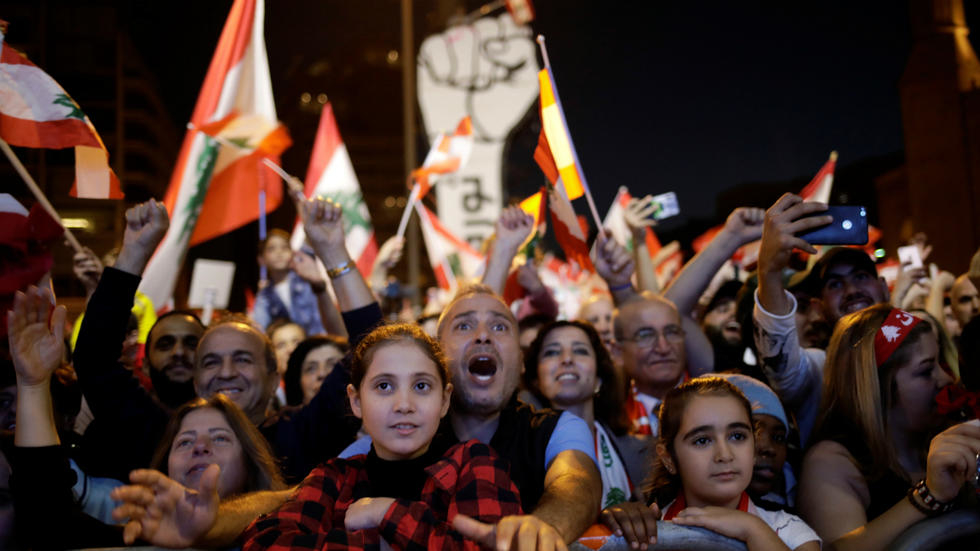
In the short term, the protests are motivated by the Lebanese government’s failure to find solutions to the current financial crisis that has been looming for the past months because of corruption, wasting public money and stealing governmental entities. In the long term, they constitute a reaction against the sectarian rule, endemic corruption in the public sector, and failures from the government to provide basic services such as electricity, water, and sanitation. It is suspected that the direct trigger to the protests was due to the planned taxes on gasoline, tobacco and online phone calls such as WhatsApp. After the resignation of the PM, protests have since continued and are calling for the binding parliamentary consultations to form a new government composed of non-partisan technocrats. Some even went further in their demands and called for the resignation of the entire political class, including Speaker of Parliament Nabih Berri and President Michel Aoun.
However, the recent street clashes between the supporters of the ruling elite and the protestors have raised both domestic and international concerns. It is no secret that one of the strongest parties in Lebanon, Hizbullah has a strong political and military presence in the country. The party has engaged in guerilla warfare against Israel and Islamists in Syria. The party leadership is concerned that the US interference in the Lebanese political crisis may shape the protest movement. Already some protestors called for the disarming of Hizbullah. While Russia criticized the American interference in Lebanon and its ambassador has claimed that the protest movement is politicized. Moreover, the Russian Foreign Minister, Sergey Lavrov announced that a technocratic government cannot be applied in Lebanon. While the protestors are demanding the formation of a non-partisan technocratic cabinet, Hizbullah and the Free Patriotic Movement (the largest Christian party in the Parliament supporting the President) are advocating for the formation of semi-technocratic government composed of partisans and independents.
In parallel to the protests in Lebanon, anti-governmental protests also broke all around Colombia. Citizens went to the streets in reaction to widespread corruption, inequality, and exclusion, and his political decisions that go against the Peace Accords, promote deterritorialization and the lack of security guarantees for social leaders and ex-combatants taken by the current President Ivan Duque. Since Duque’s arrival in 2018, there were already disagreements on the part of civil society sectors. In 2016, the ruling right-wing Democratic Center Party had vehemently opposed the plebiscite of the Peace Accords which put an end to the longest civil war in our modern history.
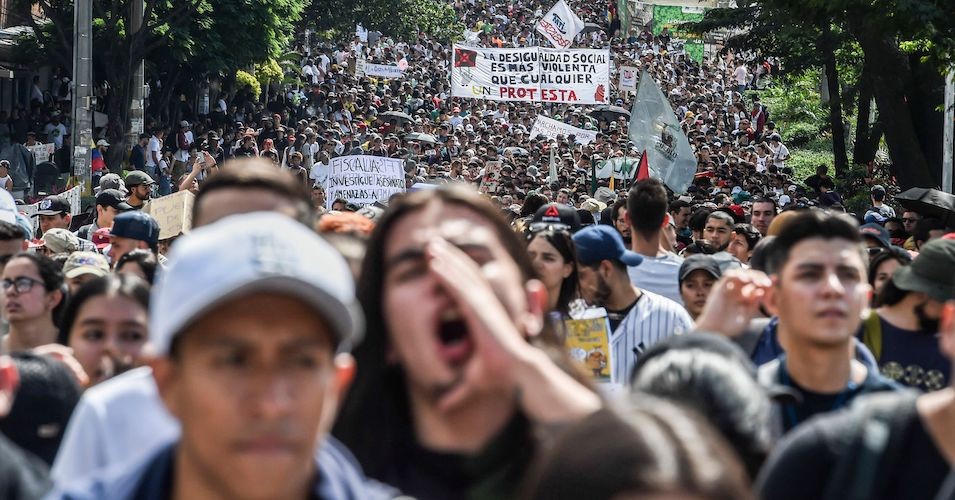
This scenario has been a breeding ground for a legitimate indignation of Colombian citizens, which during 2019 has undertaken several demonstrations expressing dissatisfaction with the National Government, for its economic policies, its reduced will to facilitate the implementation of the Peace Accords and their inability to defend the lives of social leaders, until September 2019 627 “social leaders” have been killed since the signing of the Peace Accords in November 2016.
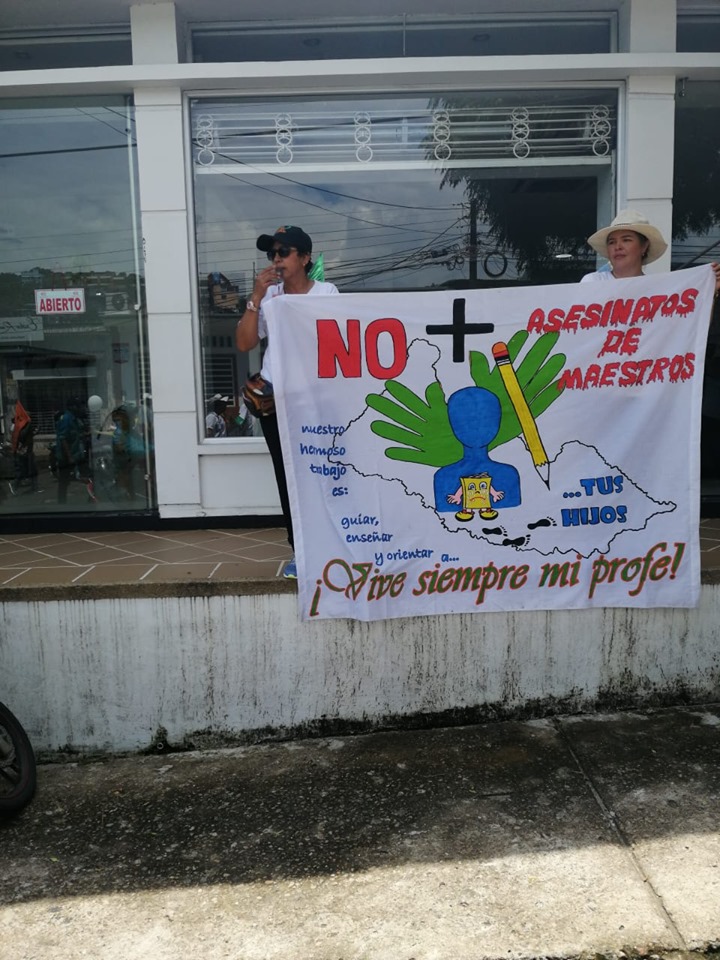
The drop that spilled the cup was the murder of 18 children and adolescents who had been recruited by the FARC dissidents and who remained in a rural camp in San Vicente del Caguan, Caquetá, the operation carried out in September with the authorization of the President unleashed the indignation of Colombians and caused the resignation of the Minister of Defense, and motivated one of the most massive national mobilizations in the recent history of Colombia on November 21, convened by workers’ unions, the student movement and teachers came out 800,000 Colombians to express their dissatisfaction with the management of the Government especially in 6 points:
- Reforms that promote inequality: Labor reform (The government proposed to reduce youth salaries by 25%. Pension reform (Privatization of the pension system) Tax reform (The “Financing Law” seeks to offer tax benefits to companies and put the tax burden in the middle class).
- Reduced budget and non-compliance with the progress in the implementation of the Peace Agreements.
- Corruption, 145,949,049 dollars are lost per year due to corruption.
- Protection of the lives of social leaders and ex-combatants.
- Cuts to investment in education, greater investment in public universities breach of agreements made with student movements and violent repression of student protest, in relation to this point the dismantling of the National Police Riot Squadrons (ESMAD by its acronym in Spanish).
- Fight against climate change, the increasing delivery of environmental licenses to multinational corporations to exploit national territories, fracking and eradication of illicit crops with glyphosate and deforestation of the Amazon.
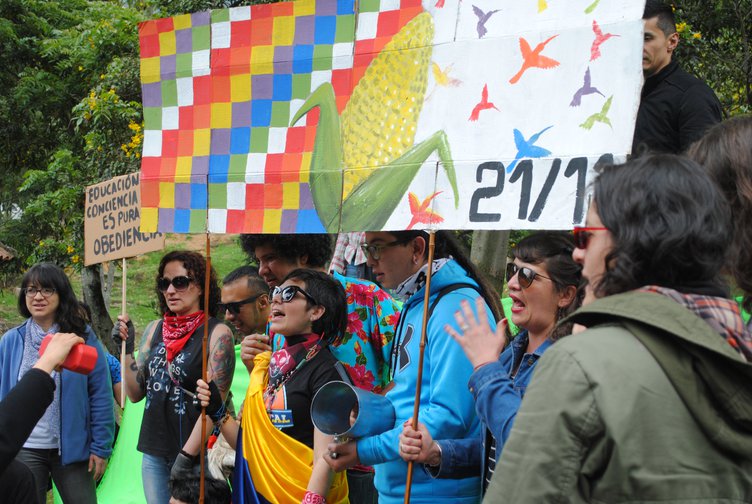
President Duque who has a 69% disapproval rate, on November 23 has called for dialogue between the government and protestors. Without reaching agreements, the protest leaders argue that the Government has no will to dialogue and touch structural matters.
In the Colombian protest, young people have occupied a relevant role, organized through student movements, it has drawn the attention of the local press that student movements of private and public universities have articulated to carry out pathetic protests, take artistic shots such as the “Symphonic protest” that took place in Bogotá on November 27, also, the student movement has organized to receive the indigenous guard that comes from the department of Cauca. Colombian youth is demonstrating that it is possible to find alternatives to polarization through art, dialogue and peaceful protest.
To conclude, Lebanese and Colombian mobilization differ in their nature, while the Lebanese protest has an economical focus and the Colombian has a political, nonetheless, both experiences have become the opportunity for citizens to express their dissatisfaction with the decisions made by their government and the ruling elite. In addition, in both cases, youth have played a fundamental role in reinventing the portfolio of peaceful protest mechanisms. However, the main challenge for civil society will be whether it will remain united to guarantee an effective and inclusive dialogue with the respective Governments to materialize commitments into concrete actions. The old “social contracts” have been broken, now the people are forming a new one.
Ana Prada is Colombian activist, she had studied business administration, and sociology at the Javeriana University of Bogota and Alumni of the International Training in Dialogue and Mediation of the University of Uppsala. She is the founder of the 3colibris media, currently working for Caritas Colombiana in relation to the implementation of the “article one” of the Peace Accords. Ana has worked on projects for UNDP, UNFAO, UE, Suyusama Foundation. In addition, she is interested in the Colombian and Latin American rurality and has accompanied organic and agroecological production processes in Colombia, Mexico, Guatemala, Costa Rica, Ecuador, and Peru.


